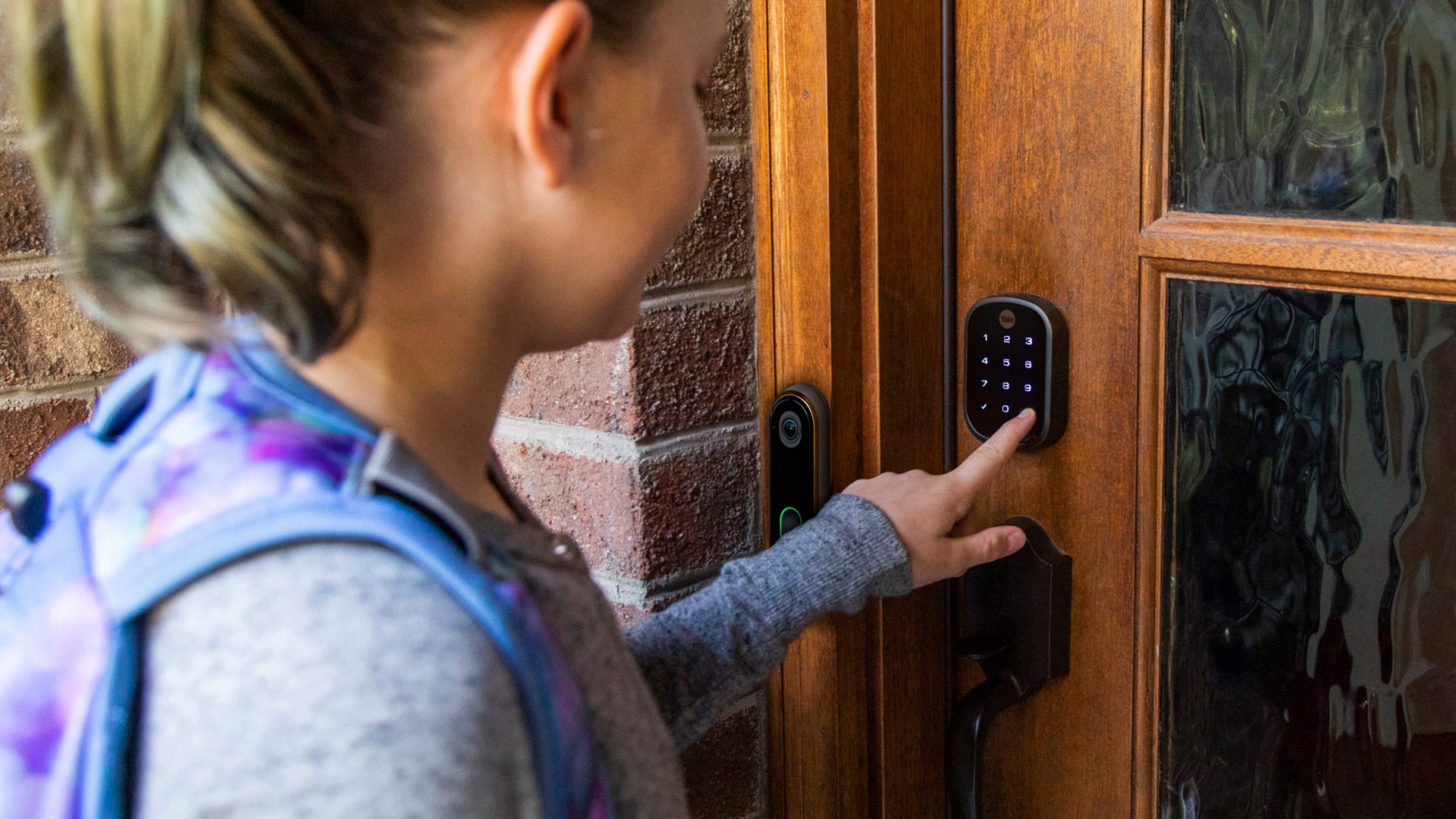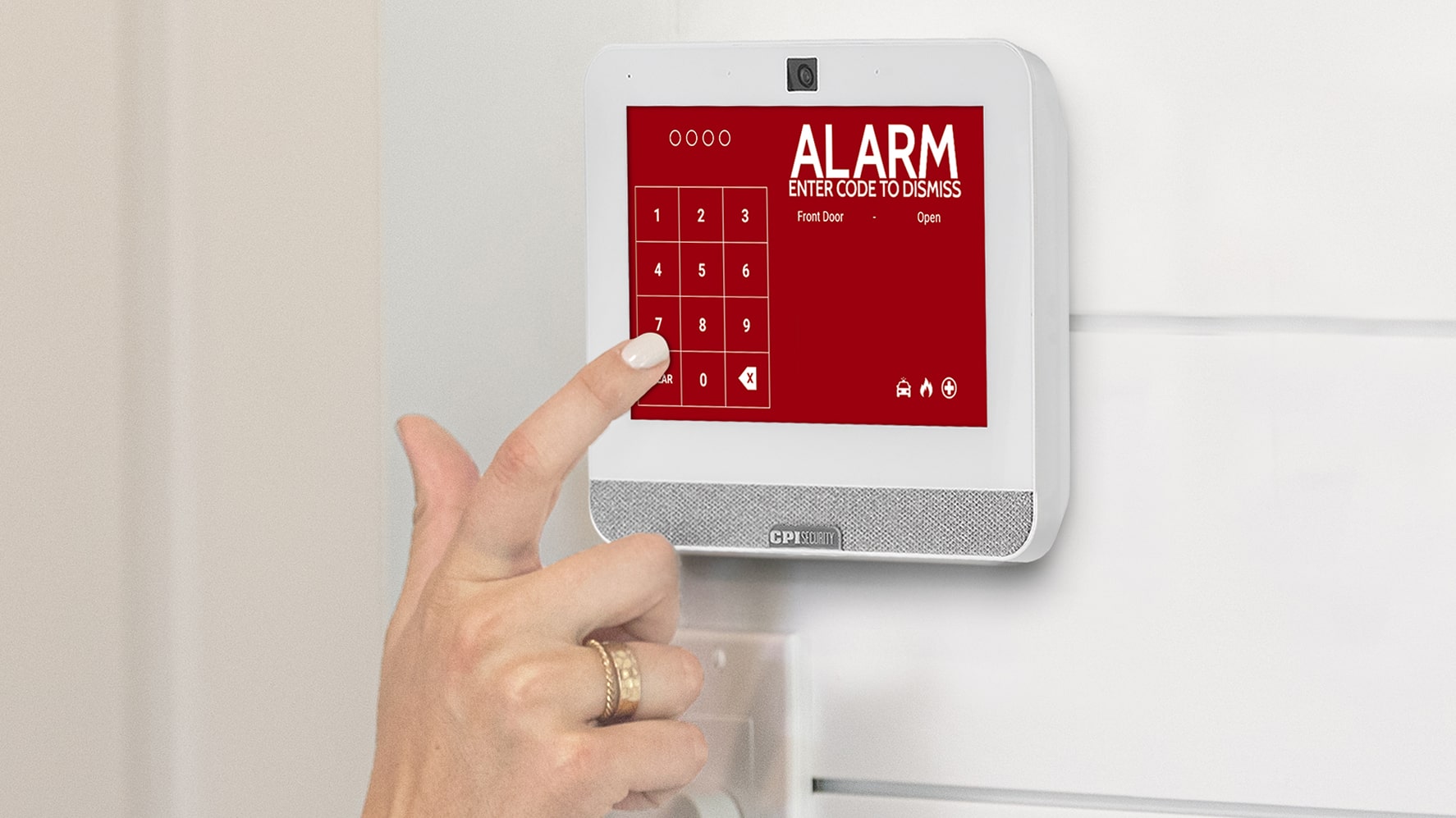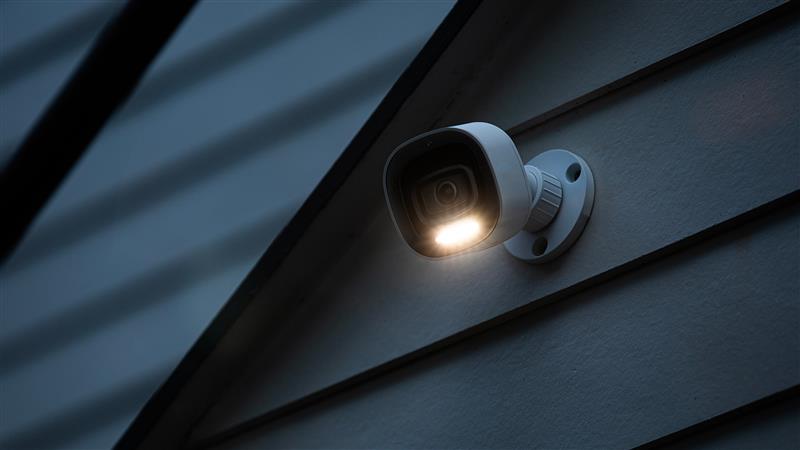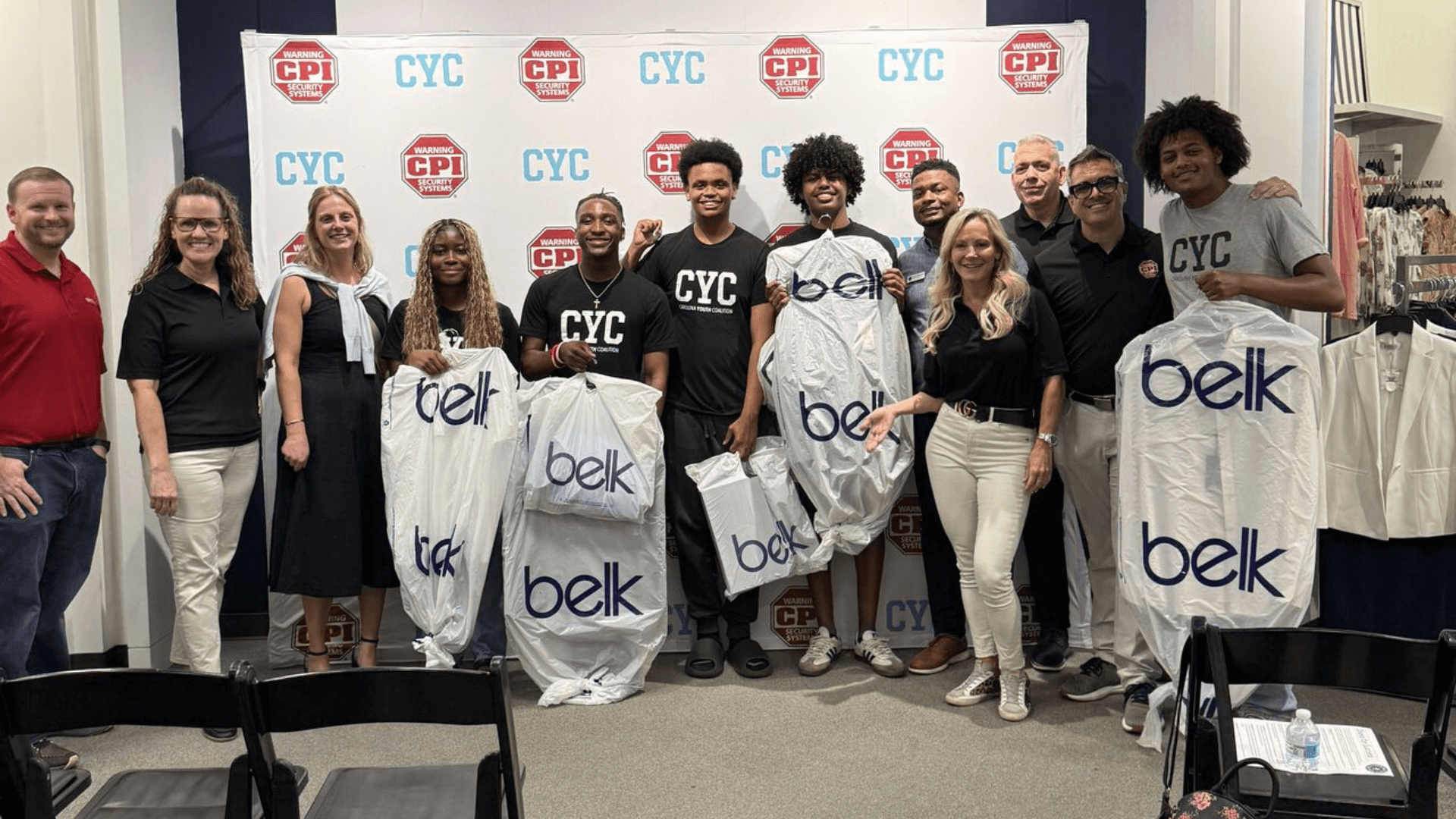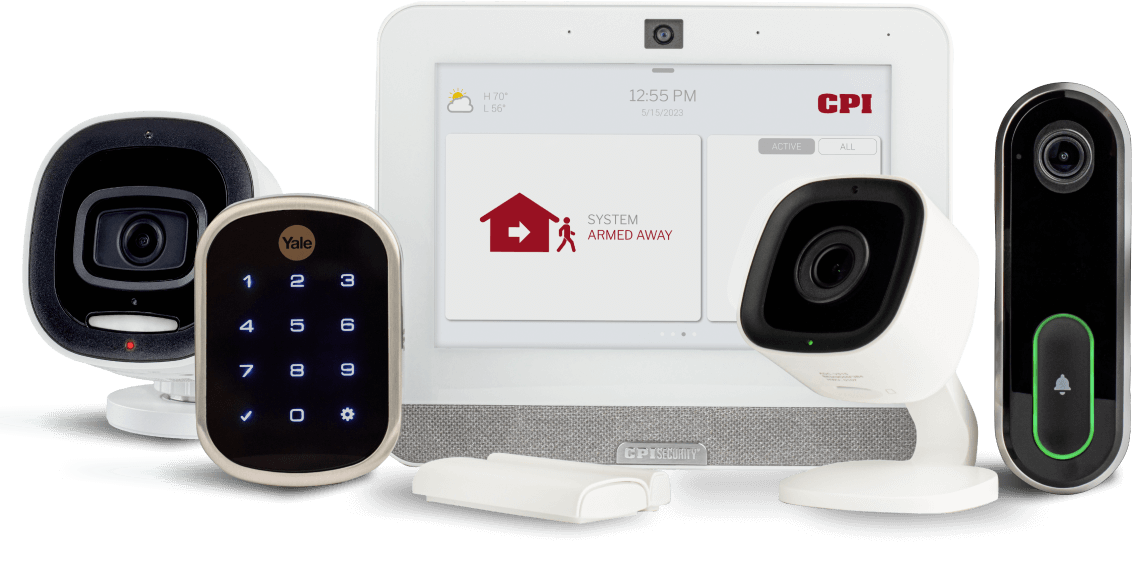Installing a home security system is a great step toward securing your home or business. By securing all entry points, adding cameras and setting alarms, you can rest assured that you’ll know the second someone attempts to break in.
A smart home security system will have several layers of security to protect you and your family. One element you’ll be responsible for setting is a security code or PIN, the number used to arm and disarm your system. If you have a CPI Security System, you’ll enter the PIN on your SmartHub smart home control panel. Using a PIN to turn your security system on and off confirms to the system that you’re authorized to do so. This is why it’s important to choose a good PIN number. Picking a bad PIN puts your home security at risk. You don’t want your PIN to be easy for a four digit PIN cracker to decipher and use to disarm your system. You need a unique combination of numbers.
Below you’ll find our best tips for choosing a good PIN number, picking the right four digit PIN combination and keeping your home secure.
- Choose a complex series of numbers for your PIN.
- Use a four digit PIN combination with meaning to you.
- Avoid wear and tear on your keypad as you enter your PIN.
- Be careful where you store and share your PIN.
Common Mistakes When Setting a Four Digit PIN
There are a couple mistakes commonly made when choosing a four number PIN.
First, many people choose something that is easy to remember, but that often means that it is also easy to guess. House numbers, birthdays, and important dates are typically easy to crack, making them bad four digit PIN combinations. This is why it’s so important to choose a hard PIN password, even if it takes a bit more effort for you to remember it.
Second, don’t use one PIN for everything. The PIN you set for your home security system should be different from the PINs you set for your bank account and the code you use to unlock your phone. If someone finds out one PIN, the last thing you want is for them to have open access to everything else protected by that number.
Bonus Tip: If someone gains access to your phone, you don’t have to worry about them gaining access to your CPI Security inTouchTM app. With Face ID and Passcode, you or whoever is trying to get into your inTouch account will have to enter a passcode to open it. We suggest you make this code different from the code you use to unlock your phone. This adds an extra layer of protection to your home security system. Not sure how to set this up? Watch the video below.
Least Secure PINs
There are quite a few number combinations that make bad PINs. Weak four digit PIN combinations are too easy to guess. Here are some PINs to never use:
- Consecutive numbers, such as 1234 or 5678
- The same number repeated, such as 1111
- Other PINs that make a pattern, such as 1212 or 1122
- Dates such as birth dates or birth years that can be easily cracked with a little online sleuthing
- Any numbers that are culturally significant, like 1776
- Your house number
Best Practices for Selecting a PIN
Choose a complex series of numbers for your PIN.
Don’t rely on a PIN that is instinctual. Pick a more complex number instead. Choose something with numbers spaced out randomly on the keypad, as opposed to something that is easier to memorize because it’s sequential, familiar, or has a pattern, whether it’s a spatial pattern like 1397 (hits all four corners in clockwise order), or a numeric pattern like 1357. Instead, choose something more random, like 3492.
Use a four-digit PIN combination with meaning to you.
While you don’t want to choose a PIN with a meaning that’s too easy to find or guess, you can still pick a PIN that’s easy for you to remember by looking for numbers with significance to you and no one else. For example, consider something like the last four digits of your childhood phone number or the house number of the home you grew up in. Or, choose a four-letter word with meaning to you, then use its corresponding numbers. Avoid using a significant year as your PIN because it will almost certainly start with 19XX or 20XX, which may make it easier to guess.
Avoid wear and tear on your keypad as you enter your PIN.
If certain numbers are worn out on your keypad more than others, it can be obvious which numbers are included in your PIN and which aren’t. Take good care of your security control panel by wiping it clear of fingerprints each time you use it. Change your PIN often and use different numbers each time to avoid uneven wear and tear on the numbers. If you notice signs of wear and tear, contact CPI Security to replace your SmartHub or Smart Door Lock.
Be careful where you store and share your PIN.
If you want to write your PIN down to remember it, stick it in a locked safe or somewhere else secure such as a trusted family member’s home. Don’t make it easy for an intruder to find the PIN and enter it into the security panel to disarm your system.
Similarly, use caution if you give your PIN to someone. You may want to share it with a trusted neighbor or family member who housesits for you when you travel, but think twice before giving it to those coming to do repairs on your home or anyone else you don’t know well. And remember, you can always set temporary, restricted, or permanent codes with your CPI Security Smart Door Lock for neighbors, friends, or service workers.
Watch the video below to find out how to set unique user codes for your CPI Security System.
Lastly, make sure no one can observe you entering your PIN into your SmartHub or smart door lock. If you’re disarming your system when guests are over, make sure you’re standing close to the SmartHub to block their view. With a smart door lock on an exterior door, use decorations and other items to obscure it. At the very least, stand close to the keypad so no one can see the numbers as you enter them.
For more tips on how to secure your home or business with a security system, get in touch with the experts at CPI Security today.
